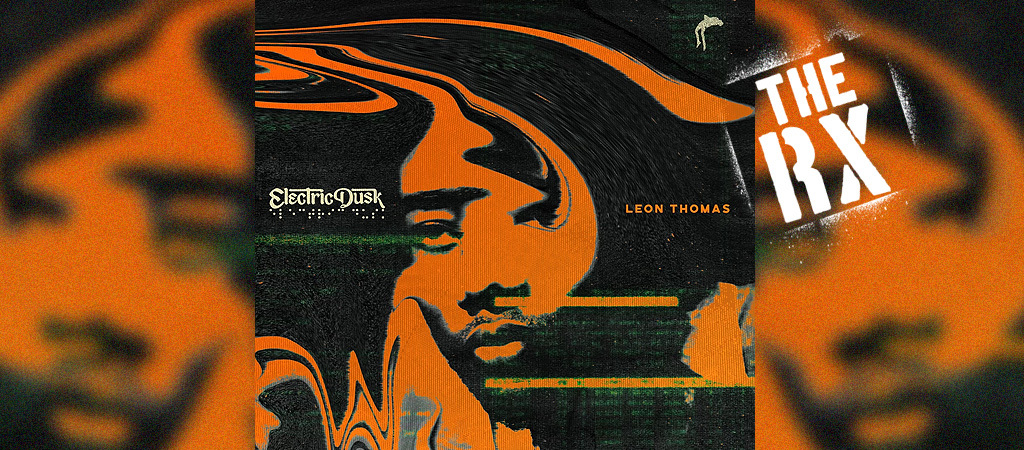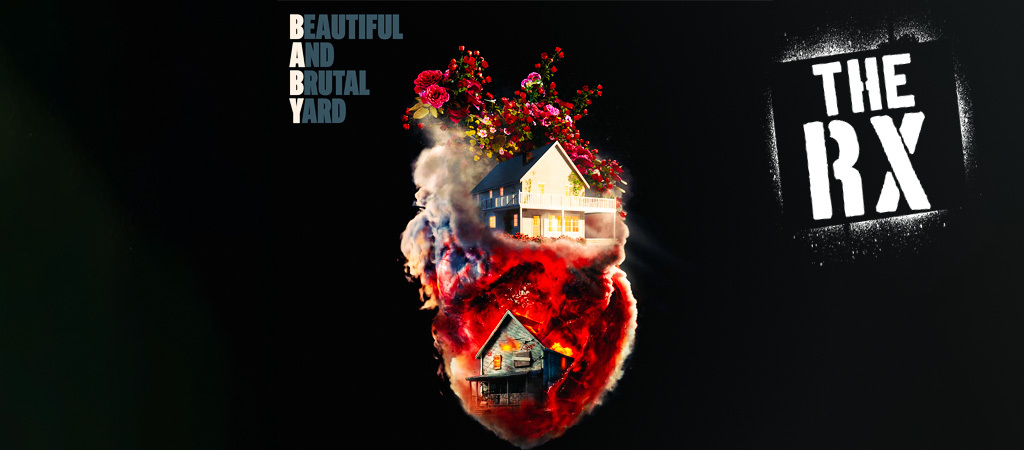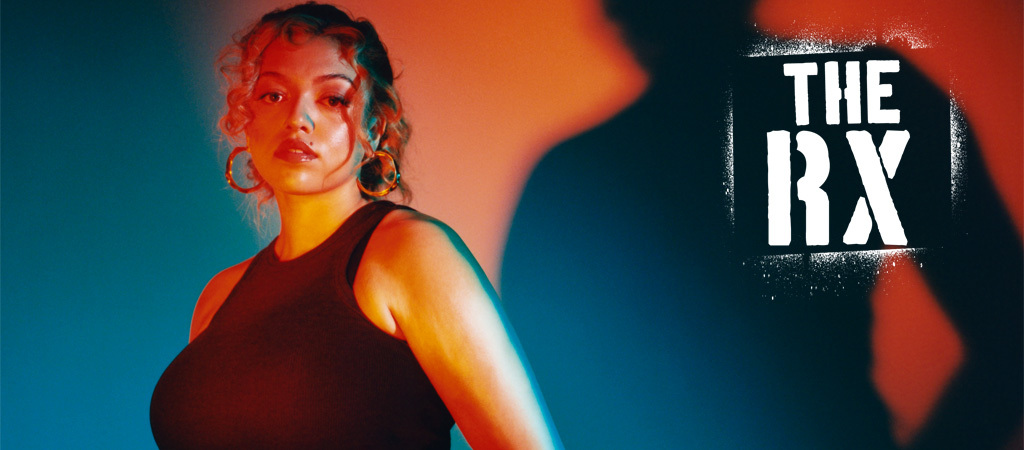
The RX is Uproxx Music’s stamp of approval for the best albums, songs, and music stories throughout the year. Inclusion in this category is the highest distinction we can bestow and signals the most important music being released throughout the year. The RX is the music you need, right now.
Lately, I’ve been utterly fascinated by a current trend within music where artists with perfectly good stage names — Fly Anakin, Post Malone, Killer Mike, Vic Mensa, etc. — have been dropping albums titled with their real names (just their first name, though). For instance, Fly Anakin released Frank last year; Post Malone and Killer Mike dropped Austin and Michael earlier this summer, respectively; and last Friday, Vic Mensa shared Victor. I’m not entirely sure what sparked this trend — although I’ve got a sneaking suspicion that it was, as with many things, Doja Cat’s fault (she debuted in 2018 with Amala — but it has been interesting to watch so many artists enter their “vulnerable, stripped-down” eras at the same time.
However, only one of the above artists has really capitalized on the trend. After all, the use of your government name as an album title suggests that the album is going to be an introduction of sorts, peeling back the layers to reveal the person at the core of the persona. And with props all around to the other names mentioned above, most of these artists’ latest projects have been really good but not really revelatory or unique amid their respective discographies — except for Vic Mensa. With Victor, Vic has seemingly finally rediscovered his voice, over a decade after his entrance to the rap world at large. The struggles he went through to get here make it all the more impactful and welcome.
In a lot of ways, Vic’s career so far has been a victim of his associations. When I first discovered him back in 2011, he was the rapper and co-frontman of a band called Kids These Days at just 19 years old. Their blend of rock, blues, and rap was delightful and unlike anything else at the time, even with all the genre experimentation and fusion that marked the so-called Blog Era. Kids These Days put out an EP in 2011 and followed up with a mixtape in 2012, but split soon after, cleaving Vic from one of the more interesting aspects of his music, his band. This left him as just another in a plethora of new, young rappers scrambling for attention during one of hip-hop’s biggest talent booms since the Golden Era. It wouldn’t be the first identity crisis he’d go through.
In 2013, it felt like Vic had regained his footing with Innanetape, his solo debut mixtape, which garnered strong reviews and proved that Vic could stand on his own without the bluesy backdrops provided by his band. Unfortunately, the tape dropped six months after his friend Chance The Rapper’s game-changing Acid Rap, which seemingly ate up all the little oxygen available for breathless praise of rising rappers from the Windy City from blogs and critics. In comparison to the sonically adventurous Acid Rap, the more traditionalist approach of Innanetape got lost in the wash; it doesn’t help that Vic’s impressive technical delivery was overshadowed by Chance’s vocally dynamic bombast. This is all old news, but look no further than the fact that Vic’s opening for Chance on their shared 10th-anniversary tour for proof of the lopsided reception among fans, which caused a rift between them they only recently managed to mend.
It feels a little reductive to attribute Vic’s later unmoored wanderings to his and Chance’s later association with fellow Chicago star Kanye West, but it was right around the time both began collaborating with West that Vic’s musical compass seemed to start spinning out (incidentally, that was around the time Kanye’s did the same). Vic struggled with substance abuse around this time, and his musical releases — including his 2017 debut album The Autobiography and rock side project 93Punx — similarly felt unfocused and inconsistent. Mensa’s debut received generally favorable reviews, but most noted its scattershot approach (in my own review, I wrote that it felt unfinished, with the sense “Vic is still searching for a sound.”
With Victor, it feels like he’s finally found it. Playing armchair psychologist is a sucker’s game, but on past projects, it’s felt like Vic kept trying on different rap and production styles, looking for a persona or a gimmick that would redeem that early attention he got with Kids These Days and make him sound “unique.” Here, he sounds comfortable with himself, like maybe being conventional isn’t all that bad, as long as you truly great at it. From the confessional “Sunday Morning Intro” to the party-ready “Swish” with G-Eazy and Chance The Rapper, Vic embraces both his personal failings and the inspirational messaging which have always been the best parts of his prior work, employing straightforward, bass-heavy production that keeps things moving along with a gritty, propulsive intensity.
When it comes time to slow things down, Vic adeptly does so with introspective tracks like “Sunset On The Low End” and “Strawberry Louis Vuitton.” He tackles systemic racism on “Blue Eyes,” gives thanks for seeing 30 years on “Blessings” with Ant Clemons and D Smoke, and channels the spiritual best of Kanye on “14 Days” to close things out. His sole concession to trend chasing (outside of the title, of course), is the House-influenced bonus track “Eastside Girl” — which is wisely left for the end of the project, keeping fingers away from the “skip” button. Victor gives listeners exactly what it says on the tin: A holistic look at an artist who’s come into his own at last. Vic had to go through everything he did to mature enough as an artist to synthesize those experiences into an honest, unfiltered summation of himself. This is his real autobiography — it was worth the wait.








